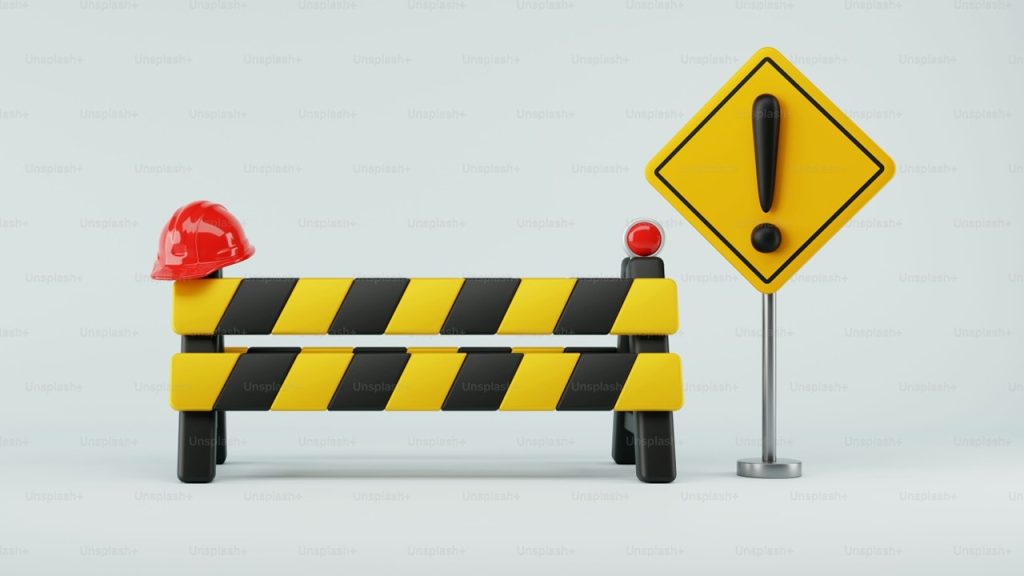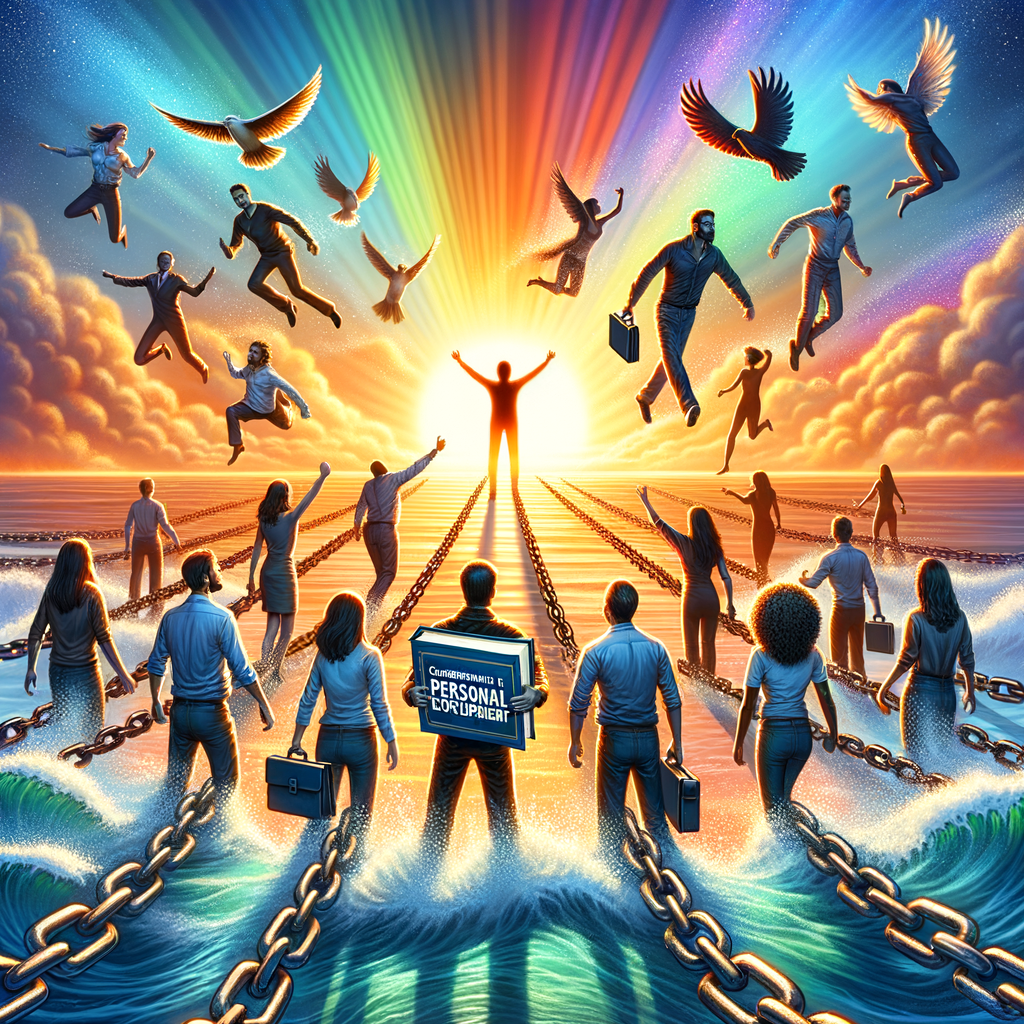LIFELONG LEARNING OPENS A WORLD OF POSSIBILITIES, offering countless daily opportunities for growth and discovery. It’s not just about achieving academic success or earning certifications—it’s about the pure joy of learning, of becoming better versions of ourselves. Learning never truly ends. It keeps curiosity alive, broadens our perspectives, and empowers us to take control of our path, unlocking our potential in an ever-changing world.
This article will explore why lifelong learning matters and how it can help you unlock your full potential, driving personal growth. We’ll also dive into the endless path of knowledge, how it can transform you, and practical ways to integrate learning into your daily life. Finally, we’ll tackle your challenges and share strategies to overcome them. By the end, you’ll be inspired to embark on your learning journey and discover the many opportunities it brings.

![]()
The Path of Lifelong Learning

Defining Lifelong Learning
Lifelong learning is more than just a trend; it’s a mindset. It extends beyond the classroom into every moment of your life. It’s about constantly seeking new knowledge, skills, and experiences. This pursuit can take many forms through formal education, independent study, or hands-on learning. No matter where you are, remaining open to new ideas and curious about the world around you is essential.
Consider this: When was the last time you learned something new? Maybe it was a recipe, a skill at work, or advice from a friend. This is the essence of lifelong learning—it happens everywhere, not just in classrooms. The real value lies in how it stimulates your mind, touches your emotions, and expands your perspective.
The Benefits of Lifelong Learning
Lifelong learning brings benefits to every aspect of life. First, it sharpens our minds. Research shows that staying mentally active through continuous learning helps improve cognitive abilities and can even reduce the risk of cognitive decline as we age. But the rewards go far beyond that.
Emotional Benefits: Learning new things brings a sense of accomplishment and happiness. Having goals also boosts self-esteem and overall life satisfaction.
Intellectual Benefits: Staying updated with new skills keeps us sharp and adaptable in a fast-changing world. It challenges our thinking and broadens our understanding.
Social Benefits: Learning often brings people together. Group projects, workshops, or shared experiences create a sense of community, foster collaboration, and deepen connections.
In short, lifelong learning enriches every area of life and leads to a more fulfilling and meaningful personal and professional existence.


How Learning Unlocks Potential

Expanding Knowledge and Skills
Embracing lifelong learning unlocks countless opportunities. Expanding our knowledge and skills helps us adapt to new situations, seize fresh opportunities, and overcome obstacles that once seemed impossible. Every new piece of knowledge enhances our possibilities—whether learning a new language, mastering a technical skill, or exploring a new passion.
For example, someone learning to code later in life isn’t just a technology consumer anymore—they become a creator. This skill opens up new career paths and helps them contribute creatively. By committing to lifelong learning, we empower ourselves to face life’s challenges confidently and creatively.
Builing Confidence and Self-Esteem
Learning new skills empowers us. Every time we acquire a new piece of knowledge, our confidence grows. We start seeing ourselves as capable and resourceful, ready to take on challenges. This newfound confidence ripples through every aspect of our lives.
Consider someone who works to become a confident public speaker. At first, speaking in front of others feels intimidating. But with each attempt, their confidence grows. Eventually, they feel comfortable addressing large audiences, which boosts their personal and professional lives. Lifelong learning becomes a powerful tool for building inner strength and self-assurance.
Encouraging Creativity and Innovation
Lifelong learning not only builds knowledge but also fuels creativity and innovation. We start seeing things differently when we expose ourselves to new ideas, perspectives, and information. We generate fresh ideas, find creative solutions, and reimagine the world around us.
Think about the innovators and visionaries who changed the world. Many of them were driven by curiosity and a passion for learning. They experimented with new concepts, pushed boundaries, and created something unique. Lifelong learning is essential if you want to cultivate creativity and inspire others. Breaking away from convention is the key to innovative thinking.


Practical Ways to Embrace Lifelong Learning

Set Learning Goals
One of the best ways to embrace lifelong learning is by setting clear learning goals. Just as you would set goals for your career or health, you can set goals for your personal growth. Start by thinking about the areas you want to improve. Have you ever wanted to master a specific skill? Is there a subject you’re passionate about? Make sure your goals are meaningful and aligned with what you truly value.
For example, if you love photography, you might aim to master manual camera settings in three months. Or, if you’ve always wanted to learn a new language, aim to hold basic conversations within a year. Breaking your goals into smaller, achievable steps helps you stay motivated and focused.
Explore Diverse Learning Resources
Today, countless learning resources are available, including books, online courses, podcasts, and workshops. The key is to explore different sources of knowledge and gain various perspectives.
- Books: Books offer knowledge, whether factual or fictional, and spark creativity.
- Online Courses: Platforms like Coursera, Udemy, and Khan Academy offer courses on almost any topic.
- Podcasts: Podcasts let you learn on the go with quick, insightful lessons.
- Workshops: Hands-on workshops are a great way to dive deeper into a topic through practice.
Exploring different learning avenues helps you grow unexpectedly and introduces you to fresh perspectives.
Cultivate a Growth Mindset
A growth mindset is crucial to lifelong learning. It believes you can develop your skills and intelligence with effort, persistence, and attitude. A fixed mindset, on the other hand, limits your growth by assuming abilities are set in stone.
The exciting part about a growth mindset is how it turns challenges into opportunities. Every mistake becomes a lesson. Correcting errors is just part of the learning journey. How do you maintain this mindset? First, understand that learning is a process, not just a destination. Celebrate small wins—they’ll help you keep pushing toward your full potential.


Overcoming Obstacles to Lifelong Learning

Time Management
One of the biggest challenges to lifelong learning is time. With busy schedules, it might seem impossible to fit learning in. But with good time management, it’s possible!
- Prioritize Learning: Make learning a non-negotiable part of your day, even if it’s just for ten minutes.
- Schedule Learning: Block out learning time in your calendar as you would for meetings or appointments.
- Incorporate Learning into Daily Life: Find ways to weave learning into your routine. For example, listen to podcasts during your commute or take an online course before bed.
Learning can fit into even the busiest schedules when you prioritize and manage your time well.
Financial Considerations
Cost is another barrier to lifelong learning. Formal education, workshops, and even books can get expensive. However, learning doesn’t have to break the bank.
- Public Libraries: Libraries are treasure troves of free books, resources, and online courses.
- Free Online Courses: Platforms like Coursera and edX offer many free courses.
- Podcasts and YouTube: There are endless free educational materials on podcasts and YouTube covering nearly every topic.
The value of learning isn’t in how much you spend but in how much you grow.
Dealing with Fear of Failure
The fear of failure is often the greatest obstacle to lifelong learning. Trying something new can be daunting, especially when there’s a chance you’ll make mistakes. However, failure is a natural part of the learning process.
To overcome this fear, start by redefining failure. See it as a step toward success rather than a setback. Many achievements are built on the back of multiple failures. Don’t let fear hold you back—embrace the journey and mistakes, and trust that you’ll come out stronger.


The Ripple Effect of Lifelong Learning

Impact on Personal Relationships
Lifelong learning affects how you connect with others. As you learn, you share new ideas, perspectives, and experiences with the people around you, creating more profound, meaningful relationships.
For instance, learning a new language could help you connect with people in your community. Exploring emotional intelligence may make you more empathetic in your interactions. Sharing what you’ve learned enriches the lives of those around you.
Contribution to Society
Lifelong learning benefits individuals and contributes to society as a whole. Committing to growth brings new ideas, skills, and solutions to your community. Lifelong learners often become leaders and innovators, helping to solve problems and spark positive change.
Think about the people who’ve made a lasting impact on the world. Many were lifelong learners who used their knowledge to inspire and uplift others. By embracing learning, you have the power to contribute to a better world.


Conclusion

Lifelong learning is like a key that unlocks your potential and personal growth. It’s not just a path to self-improvement—it’s the secret to living a more fulfilled and contented life. The benefits are endless, from boosting your confidence to discovering new skills, cultivating creativity, and even making deeper connections with others.
So, why not start today? Set a learning goal, explore the wealth of resources around you, and cultivate a growth mindset that will keep you open to new experiences. As you grow and expand your knowledge, you’ll unlock countless opportunities and help build a brighter future for yourself and the world.







